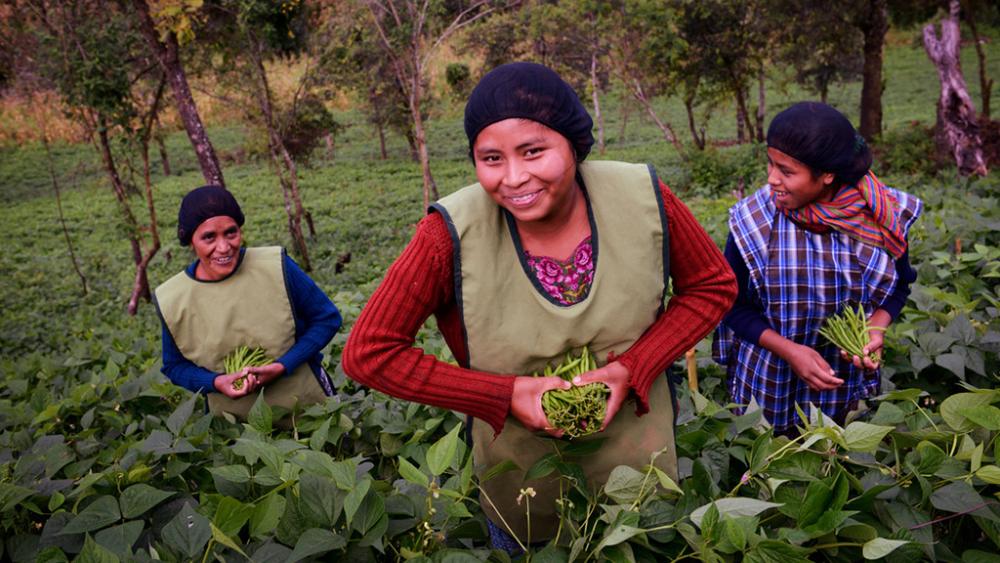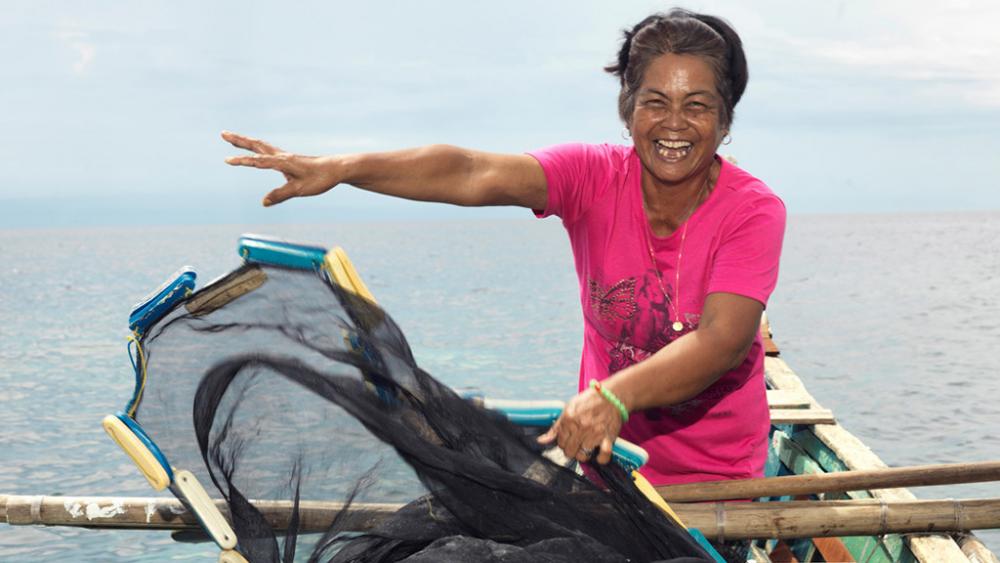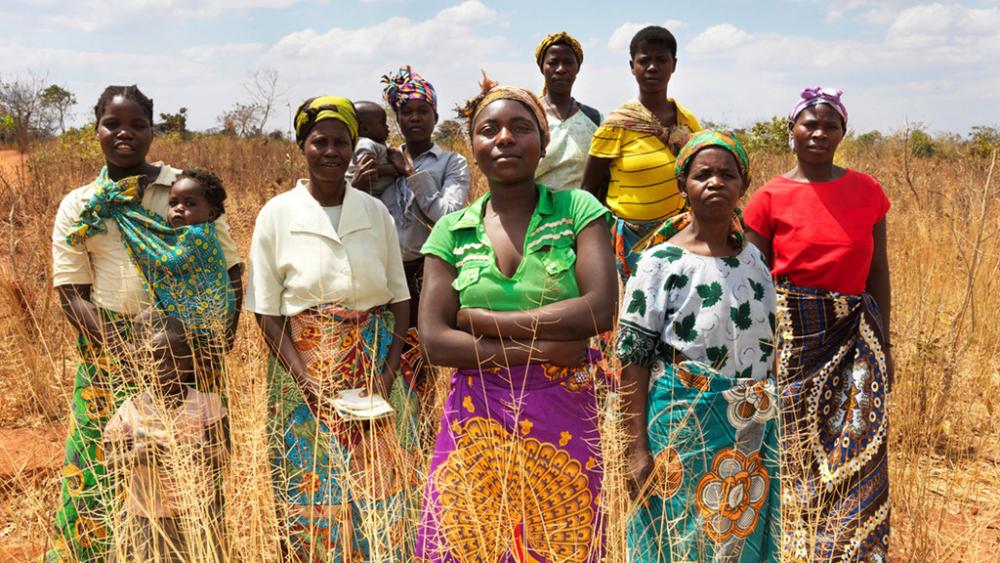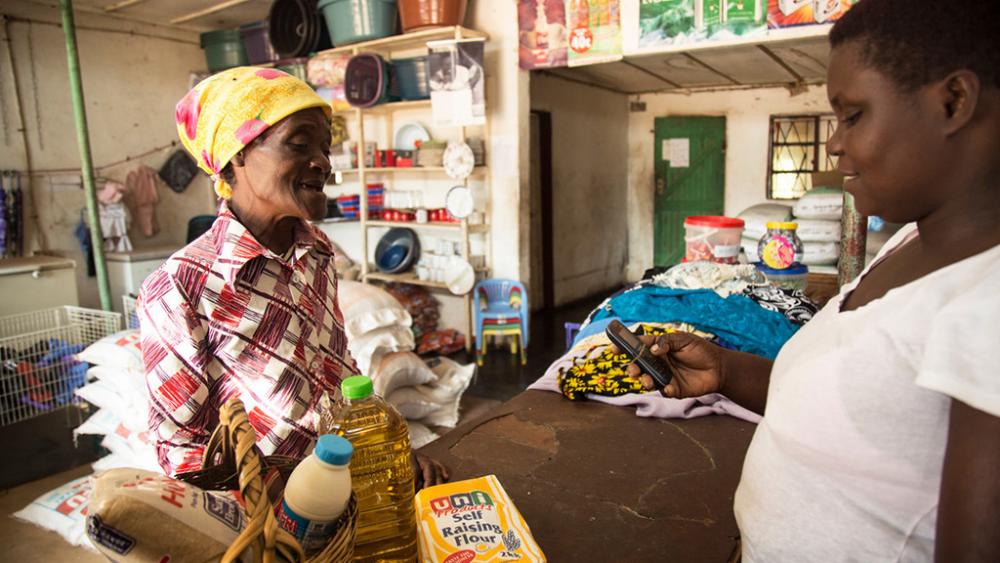Economic Justice
What is Economic Justice?
The barriers that keep women from fulfilling their economic potential are complex and numerous. In many parts of the world, women have restricted mobility in the public sphere, and laws, attitudes and social norms discriminate against women’s participation in the economy.
Throughout the world, women and girls bear most of the burden of unpaid household and care work, face gender-based violence, and get paid less for their labor (in terms of lower pay for the same work as men, greater job insecurity, as well as the under-valuing of feminized jobs). Poor women tend to work in low-wage jobs in the informal sector, often with long hours in poor working conditions. Today, women have less access to education and training, face greater financial exclusion, have less ownership and control over land and other assets, and have less control over their reproductive health. These structural disadvantages compound the impact of crisis situations on women and girls, and are linked to key protection issues. Left without livelihood opportunities, the consequences of humanitarian situations are often multiplied. For example, in situations of displacement, women often have fewer employment opportunities available. Coupled with the often-high burden of care and responsibility for children, the pressure to engage in survival sex as a coping mechanism in exchange for goods or protection often emerges. The high stigmatization of such action by both communities and authorities can result in opening women up to exploitation, and can subsequently impact their, and their children’s access to education, protection, or support services.
More Information on Economic Justice:
Gender and Economic Justice: Stats and Facts
Global Commitments: Economic Justice
CARE's Strategy: Economic Justice
Promising Practices: Economic Justice
Key approaches that have been identified to advance gender justice and economic empowerment/justice for women.
Learn more




